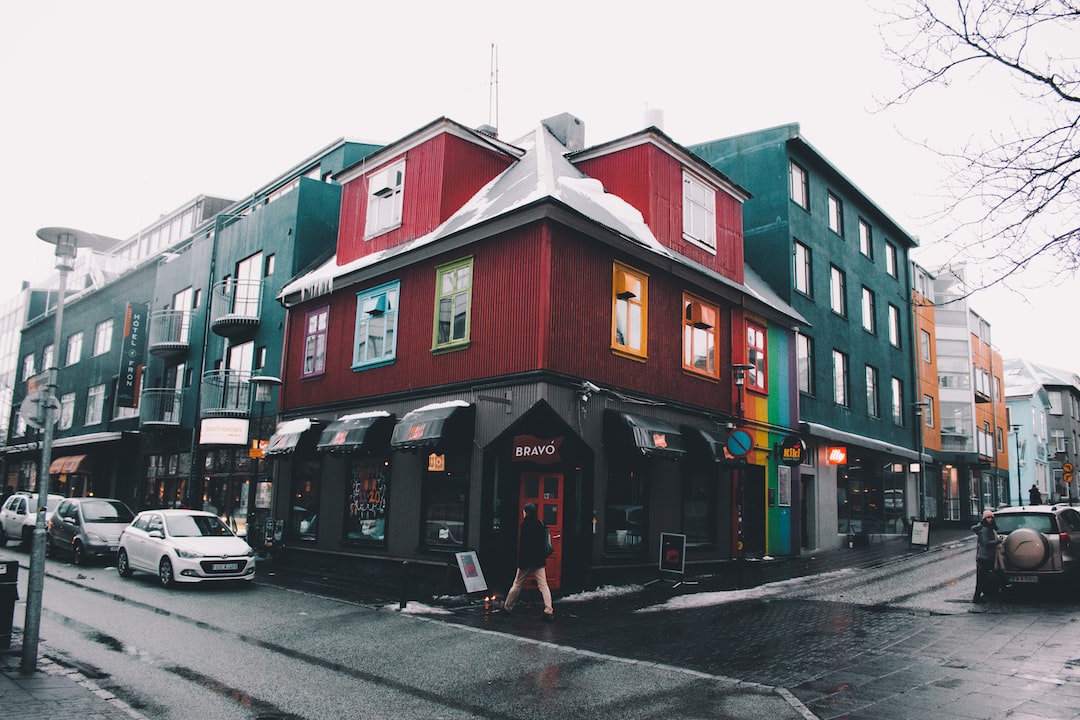Eco-Friendly Tourism in Reykjavik: Sustainability and Nature Conservation
Iceland, with its breathtaking landscapes and untouched natural beauty, has become a popular destination for travelers seeking eco-friendly and sustainable tourism experiences. Reykjavik, the capital city of Iceland, is at the forefront of promoting sustainable practices and nature conservation. In this blog post, we will explore the various initiatives undertaken by Reykjavik to ensure eco-friendly tourism, and how travelers can actively contribute to the preservation of the environment.
Reykjavik, as a city, has a deep sense of responsibility towards the environment and is committed to reducing its carbon footprint. A notable example of this is the city’s geothermal energy usage. Reykjavik harnesses geothermal energy, a renewable source, for heating and electricity generation, significantly reducing the dependency on fossil fuels. This commitment to renewable energy has also translated into the city’s eco-friendly transportation system. The public buses in Reykjavik are fueled by hydrogen or electricity, making them a clean and sustainable mode of transportation for both locals and visitors.
One of the best ways to explore and experience the natural wonders of Reykjavik is through eco-tours. These tours provide visitors with an opportunity to explore the region while minimizing the impact on the environment. For instance, companies offering whale watching tours in Reykjavik adhere to strict guidelines to ensure the well-being of marine life. They follow a code of conduct that limits the proximity of boats to the animals and educates passengers about the importance of preserving their natural habitat.
Another aspect of eco-friendly tourism in Reykjavik is the emphasis on responsible waste management and recycling. The city has implemented a comprehensive waste management system, with designated recycling bins placed throughout the city. Travelers are encouraged to sort their waste and dispose of it in the appropriate bins, reducing the amount of waste ending up in landfills.
Reykjavik is also committed to preserving its unique flora and fauna. The city takes great pride in its nature reserves and protected areas, such as the iconic Thingvellir National Park. These protected spaces not only provide visitors with an opportunity to enjoy the natural beauty of Iceland but also serve as important habitats for various plant and animal species. Visitors are encouraged to follow designated trails and respect the natural environment by refraining from littering or disturbing the wildlife.
Furthermore, Reykjavik’s commitment to sustainability extends to its accommodations. Many hotels in the city have adopted eco-friendly practices, such as using renewable energy sources, implementing energy-efficient technologies, and promoting water conservation. Travelers can opt for eco-certified hotels that have met strict sustainability criteria, ensuring their stay has minimal impact on the environment.
In addition to the efforts of the city and its businesses, travelers themselves play a crucial role in promoting eco-friendly tourism. By choosing sustainable transportation options, such as public buses or bicycles, visitors can reduce their carbon footprint while exploring the city. Using refillable water bottles instead of single-use plastic bottles and carrying reusable bags for shopping can also contribute to minimizing waste.
Educating oneself about the local culture, traditions, and environmental challenges is another way travelers can actively participate in eco-friendly tourism. Taking guided tours led by knowledgeable locals can provide valuable insights into the region’s conservation efforts and help visitors understand the importance of maintaining a delicate balance between tourism and nature preservation.
In conclusion, Reykjavik, with its commitment to sustainability and nature conservation, offers travelers a unique opportunity to experience eco-friendly tourism. Through various initiatives, such as renewable energy usage, responsible waste management, and protected areas, the city ensures the preservation of its natural beauty for future generations. Travelers can actively contribute to these efforts by choosing sustainable transportation options, participating in eco-tours, and adopting responsible practices during their visit. By embracing eco-friendly tourism in Reykjavik, we can protect and cherish the pristine landscapes of Iceland, ensuring their beauty remains unspoiled for years to come.

